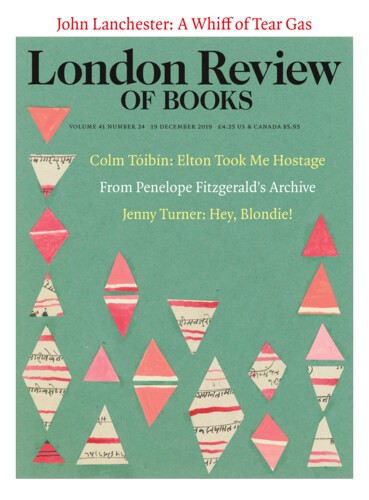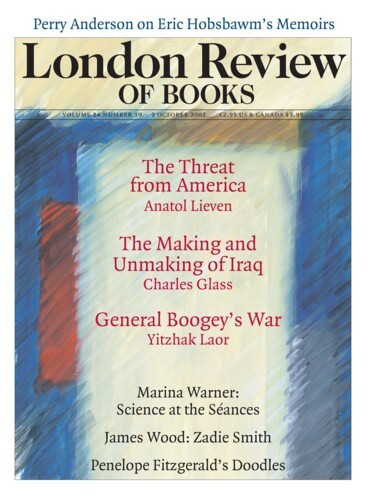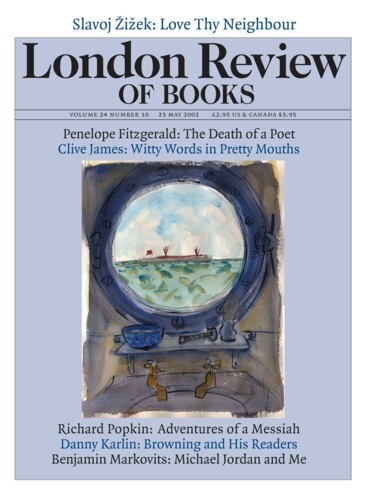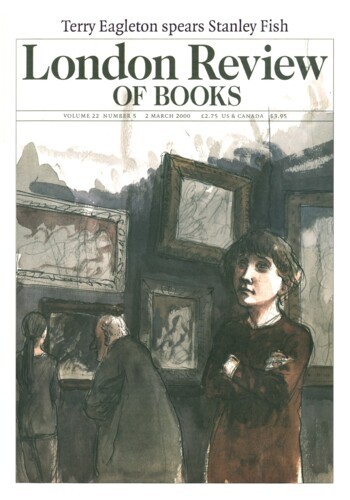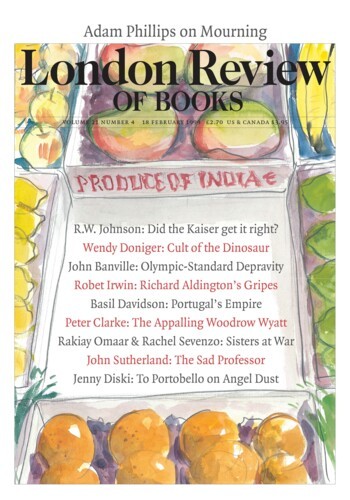Some people never expect to be expected: Omitted from ‘Innocence’
Penelope Fitzgerald, 19 December 2019
Some people never expect to be expected. No matter what their preparations, they can never be sure that they are at the right place at the right time, or worse still, they know that the place, and even the time, is right, but can’t believe they will be welcome, either then or ever. As a child, and even in adolescence, Matthew Massini had been in this condition. As a young man he had corrected it himself to this extent, that although he assumed that other people might not much want to see him he also came to believe that they were wrong. At 37, as an adviser to private collectors, he believed he had almost forgotten the feeling altogether
